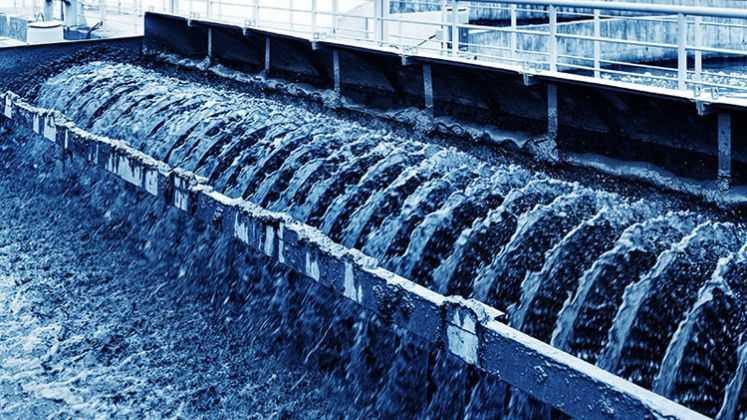
A recent study has highlighted significant environmental concerns stemming from inefficient water practices within Bangladesh’s textile and apparel industries. Factors such as outdated regulations, lax effluent discharge standards, and the absence of meaningful water pricing are major obstacles to sustainable water management in the sector.
The study, titled Accelerating Water Stewardship Investments in Global Apparel Supply Chain, emphasises the urgent need for Bangladesh’s garment industry to bolster investments in water stewardship, particularly in wet processing activities. Overuse of water in sectors like apparel and textiles is contributing to environmental pollution, endangering communities and supply chains alike.
Research conducted by the Resilient Water Accelerator (RWA) and advisory firm SupplyESChange warns that Bangladesh risks falling behind its competitors in adopting advanced water stewardship practices and achieving higher Environmental, Social, and Governance (ESG) standards. The study reveals that many of the country’s 500 to 1,000 wet processing facilities still lack basic water management measures, with severe pollution and overuse reported across the sector.
Given the sector’s vital role in Bangladesh’s economic growth, experts stress the importance of overcoming these challenges to ensure optimal water use. The textile and apparel industry accounts for approximately 76% of the country’s industrial water consumption, with projections indicating that this figure could more than triple by 2042.
Financial barriers also impede progress. Smaller suppliers, including Tier-2 wet processors, struggle to access affordable financing for water-saving investments due to high interest rates (around 15-16%) and a scarcity of standardized financial products from local banks. Additionally, the absence of long-term sourcing commitments from buyers hampers these suppliers’ ability to secure reliable funding.
To address some of these issues, a pilot program involving 16 textile and apparel manufacturers has been launched to promote collective water stewardship within catchments. These factories, nominated by buyer Primark, aim to meet the standards of the Alliance for Water Stewardship (AWS) by achieving 68 specific indicators. Successful compliance could lead to certification and recognition for responsible water management. The initiative, initially implemented in Bangladesh, has expanded to India and China.
Industry leaders are increasingly recognizing the importance of water efficiency. Miran Ali, former vice president of the Bangladesh Garment Manufacturers and Exporters Association (BGMEA), highlighted ongoing efforts to reduce water usage through investments in water-efficient machinery and recycling technologies. He noted that denim factories, for example, are now reusing water across multiple wash cycles, significantly reducing overall consumption.
Meanwhile, the government continues to work on regulatory reforms. Syeda Rizwana Hasan, Adviser to Bangladesh’s Ministry of Water Resources, announced that the long-awaited ‘Industrial Water Use Policy’ will soon be finalised. The policy aims to regulate groundwater extraction and implement a phased water pricing mechanism to incentivize industries to conserve water, initially allowing industries to use groundwater without immediate charges but gradually introducing costs.
As Bangladesh’s apparel sector grows, addressing water management challenges remains crucial for sustainable development, environmental protection, and maintaining the industry’s global competitiveness.






